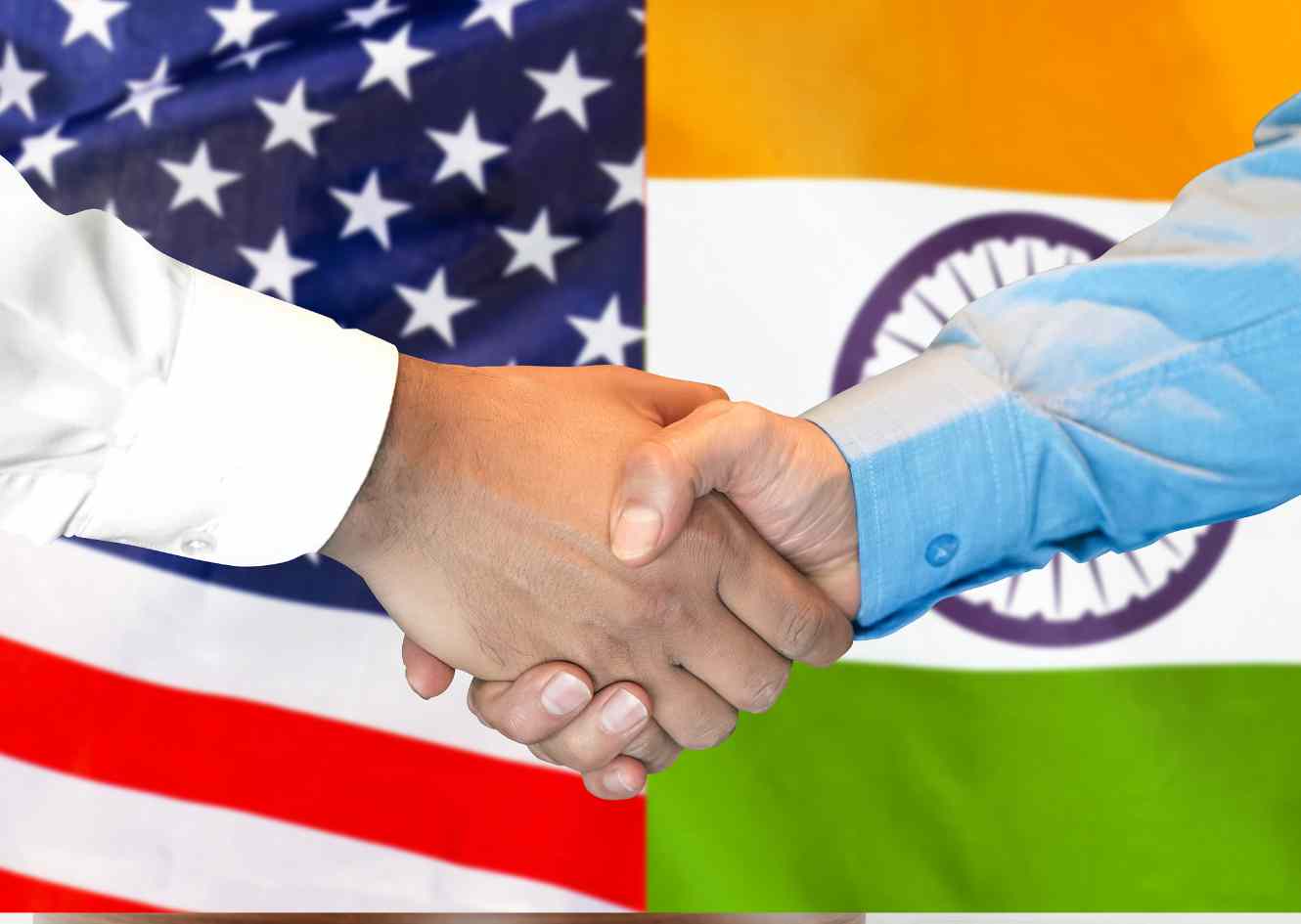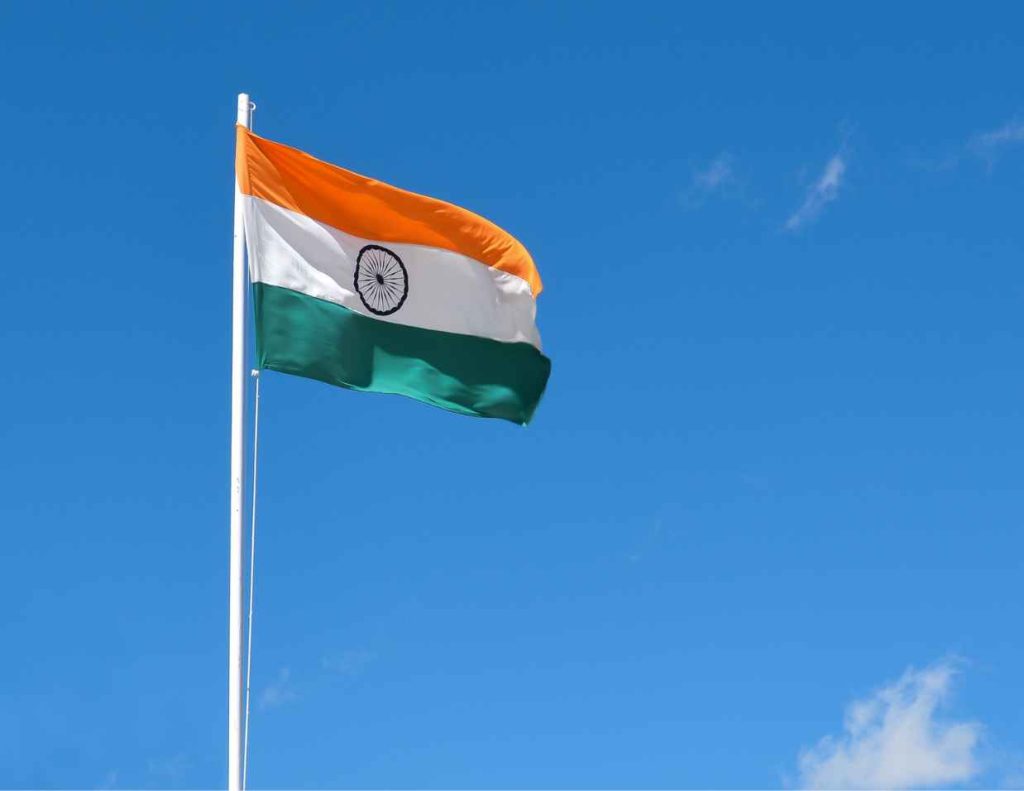Modi And The Indo-US Relations

Narendra Modi’s tenure as Prime Minister has seen significant strides in Indo-U.S. relations. The bilateral relationship between India and the United States has significantly transformed over the last few decades, evolving from estranged democracies during the Cold War to strategic partners in the 21st century. This relationship is no longer merely bilateral but significantly impacts regional and global geopolitics. A strong Indo-U.S. relationship is paramount for global stability and prosperity.
Modi Strengthens Indo-US Relations
Modi has been very proactive in engaging with U.S. leaders. His rapport with Presidents Barack Obama, Donald Trump, and Joe Biden has often been highlighted. His landmark address to the U.S. Congress in 2016 underscored the depth of this relationship.
Under Modi’s leadership, the U.S. has recognized India as a “Major Defense Partner,” which facilitates technology sharing to a level commensurate with its closest allies. India and the U.S. have signed key defense agreements like LEMOA (Logistics Exchange Memorandum of Agreement), COMCASA (Communications Compatibility and Security Agreement), and BECA (Basic Exchange and Cooperation Agreement for Geo-Spatial Cooperation), enhancing their strategic ties.
Modi’s economic policies have encouraged foreign investment, and the U.S. has been a significant player. His ‘Make in India’ campaign and other economic reforms have drawn American companies to invest in India.
Why Has Modi Focussed on Indo-US Relations
India and the U.S. share robust trade and economic ties, with bilateral trade reaching more than $150 billion annually. The two economies, home to an array of complementary strengths, have much to gain from each other. As India seeks foreign investment for its development goals, the U.S., home to some of the world’s biggest corporations, is a crucial partner. Simultaneously, India’s burgeoning middle class represents a vast market for American businesses. Thus, a cooperative Indo-U.S. relationship augments global economic growth and stability.
In an era of rising non-conventional threats like terrorism, cybersecurity, and climate change, the U.S. and India have the potential to build a strong security partnership. India’s strategic location, sharing borders with several key nations and in proximity to important sea lanes, makes it an invaluable ally. Their joint efforts in counter-terrorism operations, defense technology transfers, military exercises, and intelligence sharing contribute to regional and global security.
Maintaining Balance in Asia
As Asia’s geopolitical landscape shifts, the Indo-U.S. partnership becomes even more crucial. China’s rise as a global power has presented both challenges and opportunities. A strong India-U.S. alliance acts as a balancer in the region, promoting a multipolar world order and preventing the dominance of any single power. This cooperation is embodied in initiatives like the Quad (Quadrilateral Security Dialogue) involving the U.S., India, Japan, and Australia, promoting a free, open, and inclusive Indo-Pacific region.
The China Factor
The rise of China as a global power has significantly influenced U.S.-India relations. Both nations view China’s assertive foreign policy and military expansionism with concern. The U.S., in its “Pivot to Asia” policy, sees India as a counterbalance to China’s dominance, while India views U.S. support as crucial amid its border tensions with China. Their shared apprehensions have led to increased military cooperation and strategic alignment, reflected in their involvement in the Quadrilateral Security Dialogue (Quad).
Pakistan and Afghanistan
The U.S.’s relations with Pakistan and its approach toward Afghanistan have long been disputed. India’s concerns about Pakistan-sponsored terrorism and the Taliban’s resurgence in Afghanistan have often not been met with the degree of U.S. support it desired. However, a gradual convergence of views on these issues has been observed, especially as the U.S. reevaluates its South Asia policy.
Climate Change and Sustainable Development
India and the U.S. are vital in tackling climate change as two of the world’s largest economies. Joint efforts in developing and implementing green technologies, sharing research in clean energy, and working together in global forums like the Paris Agreement can have far-reaching effects on global sustainability efforts.
Under Modi, India has taken significant strides in addressing climate change, including the launch of the International Solar Alliance. India and the U.S. have also engaged in dialogue to combat climate change.
The Indo-U.S. relationship, grounded in shared democratic values and mutual interests, is more than a bilateral partnership. It carries global implications affecting many issues, from trade and security to climate change. A harmonious Indo-U.S. relationship benefits the two nations and significantly contributes to a balanced geopolitical order, global economic stability, and sustainable development. Ensuring this bond remains strong is crucial for the world community as we face the challenges of the 21st century.
